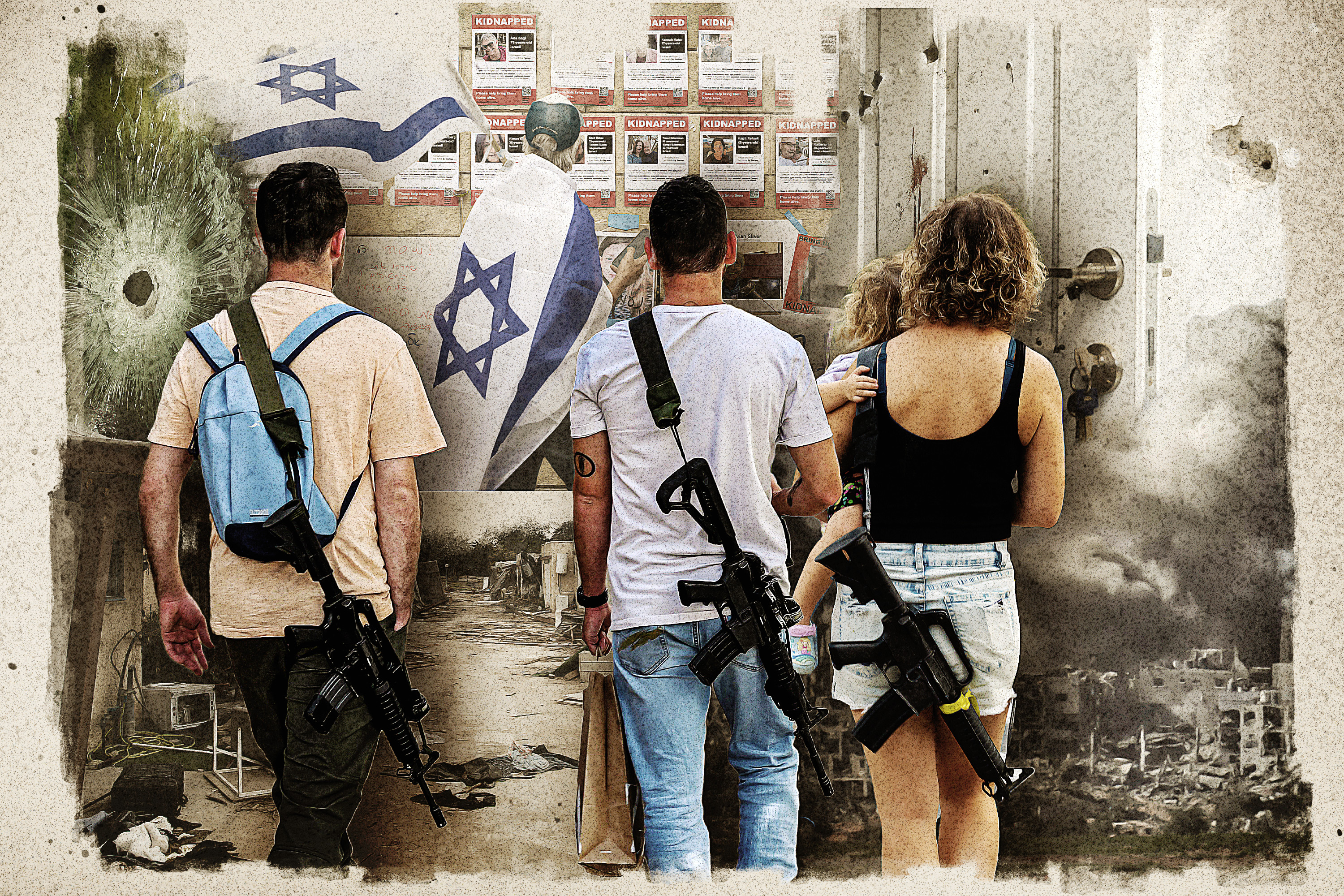While Israel has universal military service, it has traditionally been difficult for Israelis to own guns as private citizens.
Israel’s gun laws are as strict or stricter than those in heavily gun-controlled “blue” U.S. states.

While Israel has universal military service, it has traditionally been difficult for Israelis to own guns as private citizens.
Israel’s gun laws are as strict or stricter than those in heavily gun-controlled “blue” U.S. states.